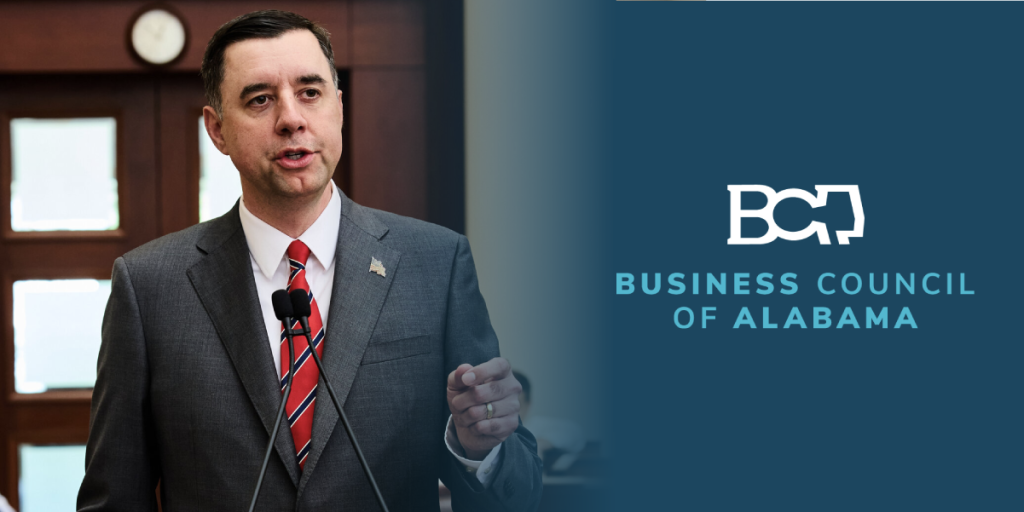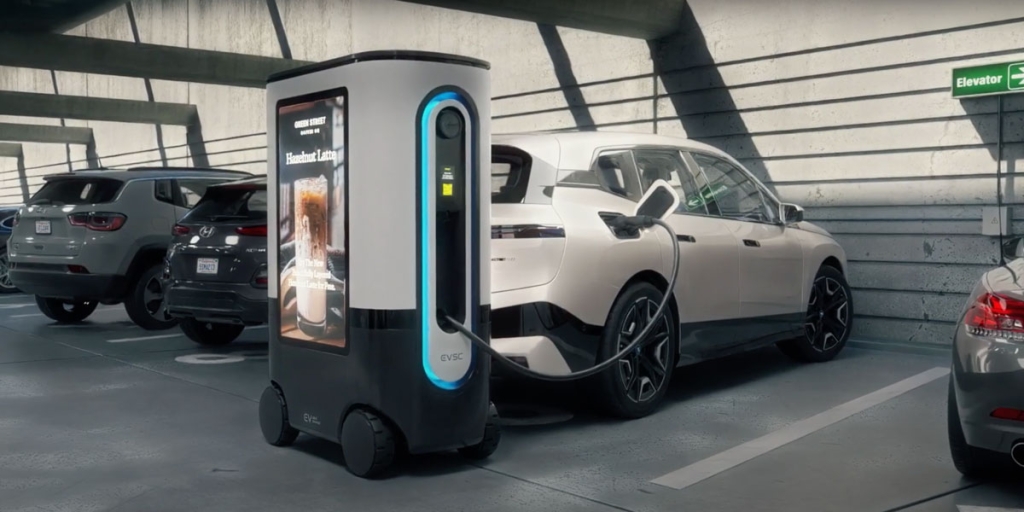In a state known for its college football prowess, it was Alabama’s economic development that was highlighted as a “team sport” in recent days.
A record-shattering crowd of business leaders, government officials, economic development professionals, and other stakeholders gathered in Point Clear July 29-31 for the Business Council of Alabama’s (BCA) annual Governmental Affairs Conference.
While the venue – the Grand Hotel – is renowned worldwide for its deeply steeped traditions, change was at the top of mind for conference attendees.
From the upcoming transition put in motion by U.S. Sen. Richard Shelby’s (R-Tuscaloosa) retirement to a national economy now fitting the traditional definition of a recession, recent evidence is bountiful that change is seemingly the one constant.
Getting ahead of change and utilizing it to the state’s benefit was especially the focal point of discussion during a breakout session on Saturday morning entitled, “Alabama’s economy: Innovation and preparation for the state’s future.”
Moderated by Alabama Power Company’s Tony Smoke, the session panel consisted of Alabama Department of Commerce secretary Greg Canfield, State Rep. Danny Garrett (R-Trussville) and VisionFirst Advisors’ Gray Swoope.
Swoope, previously the top economic development official for the States of Florida and Mississippi, brought an objective “outsider’s perspective” to the conversation. Canfield and Garrett outlined Alabama’s economic progress over recent years, while touching on challenges and opportunities along the road ahead.
Canfield opened the session by emphasizing that economic development triumph necessitates a team effort that must be locally driven. Success is often achieved by a “regional” approach in which municipalities – and even states, at times – forget formal lines on a map and focus on what will lead to greater prosperity and opportunity for people in the region as a whole.
Alabama is blessed, Canfield advised, by economic development stakeholders who work cohesively to great effect, from utilities such as Alabama Power, PowerSouth and Spire to industry and academic leaders and local, regional, state and federal governmental partners.
Gov. Kay Ivey earlier in the morning had addressed conference attendees regarding significant economic development updates, and Canfield told the breakout session crowd that the “secret sauce” of Alabama’s economic achievement during the Ivey administration has been collaboration.
“It is a team sport. … We collaborate, we’re aligned, and we’re focused,” said Alabama’s top economic development official. “We have a future focus.”
Canfield also noted that having a strategic plan to guide the state’s economic development, called “Accelerate Alabama,” is key to that forward-thinking concentration.
Over the course of an hour, the panelists broached specific elements of Alabama’s economic development “toolbox,” from financial incentives to a pro-jobs business climate and the labor force to the state’s natural beauty and recreational offerings.
Garrett, who chairs the influential House Ways and Means Education Committee, said that one area of immediate focus is continuing to ensure that the range of incentives offered by the State of Alabama is built for the modern knowledge-based economy. This means striving to recruit and retain entrepreneurs as well as more traditional industries such as manufacturing.
“We have to get in front of where we’re going,” Garrett remarked. “Anticipate that, and make sure our incentives complement where the world is moving.”
Another example of policy choices through which Alabama has moved to get ahead of the curve pertains to electric vehicles. Through the BCA-supported Rebuild Alabama Act, legislators and Ivey correctly anticipated the escalating shift to greater consumer usage of EVs.
Through that legislation and other public-private endeavors, the State of Alabama has begun funding the expansion of EV charging infrastructure along its interstate highways. The Alabama Department of Economic and Community Affairs (ADECA), with support from the Alabama Clean Fuels Coalition, developed the Alabama Electric Vehicle Infrastructure Plan.
Innovate Alabama was praised throughout the discussion for its emerging role in placing the Yellowhammer State at the forefront of the growing innovation and technology sector.
Alabama Department of Finance director Bill Poole, chair of the Alabama Innovation Commission, was on a concurrent breakout session panel along with Alabama Port Authority director John Driscoll, ADECA director Ken Boswell, and PowerSouth CEO Gary Smith.
That panel focused on various forms of 21st century infrastructure and was moderated by Charisse Stokes of TechMGM/Tidal IT Solutions.
“We’ve got to listen and learn where the world is going from an economic standpoint,” Garrett stressed. “Not fight it, not resist it, not just say, ‘We don’t do that.’ We have an opportunity to be first in some of this stuff (thanks to Innovate Alabama and other proactive efforts).”
Panelists on Saturday not only discussed Alabama’s economic development strengths but also areas that are ripe for improvement, such as education and rural broadband expansion.
The legislature and Ivey’s administration have worked diligently to address both of these integral issues in recent years. Garrett said that he and his colleagues will continue to make them priorities moving forward.
“Everything is about leadership,” Canfield commented. “At the end of the day, leadership matters.”
He outlined the Department of Commerce’s ongoing efforts to grow opportunities and support economic activity throughout rural Alabama.
“Engineering, robotics, innovation – that’s the future,” Swoope said. “The great equalizer in that, whether you’re rural or urban, is having access to that economy, and you do it through broadband.













